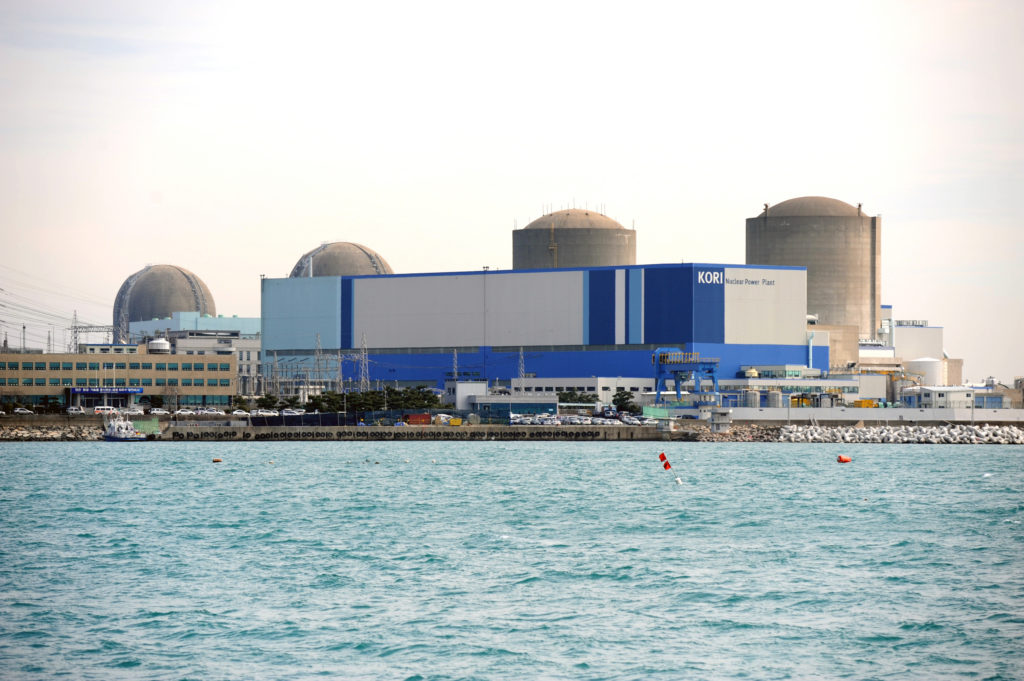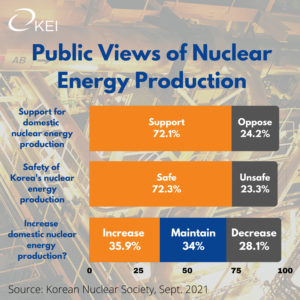The Peninsula
Yoon Supports Nuclear Power to Reach Green Goals

President-elect Yoon Suk-yeol vowed to reverse President Moon’s nuclear reactor phase-out policy, claiming that it has led to increased reliance on fossil fuels and that nuclear power provides a better path to net-zero emissions. The Korean public has generally expressed support for nuclear energy. Close to 60% of respondents in a 2017 poll supported resuming the construction of 2 nuclear reactors that were stalled by President Moon’s campaign promise to phase out nuclear energy. And South Korea still sourced 30% of its energy generation from nuclear power as of November 2021.

Following the Fukushima nuclear disaster in Japan in 2011, South Koreans called for new safety regulations over nuclear power plants. The government vowed to increase safety standards, but an inquiry completed in 2014 revealed that utility provider Korea Hydro & Nuclear Power had used counterfeit parts, forged safety documents, and bribed government officials to get nuclear contracts and build reactors at competitive rates in both Korea and the UAE. A 2016 earthquake in Gyeongju, a city with many nuclear reactors, again called safety standards into question. This climate prompted incoming Moon Jae-in came to promise denuclearization.
Despite the corruption scandals that have marred South Korea’s nuclear power industry, the public generally supports keeping reactors operational. The endorsement is based on nuclear power’s lower power generation costs vis-à-vis other sources, their efficient use of space compared to some renewable options, and the potential harm that a rapid phase-out could have on the industry’s export potential. Simultaneously, the public may realize that relying more heavily on coal and liquefied natural gas to reduce nuclear power usage, a non-emitting energy source, is counterproductive.
This briefing comes from Korea View, a weekly newsletter published by the Korea Economic Institute. Korea View aims to cover developments that reveal trends on the Korean Peninsula but receive little attention in the United States. If you would like to sign up, please find the online form here.
Korea View was edited by Yong Kwon with the help of Kayla Harris, David Lee, Sarah Marshall, and Mai Anna Pressley. Picture from the wikimedia commons account of IAEA Imagebank
